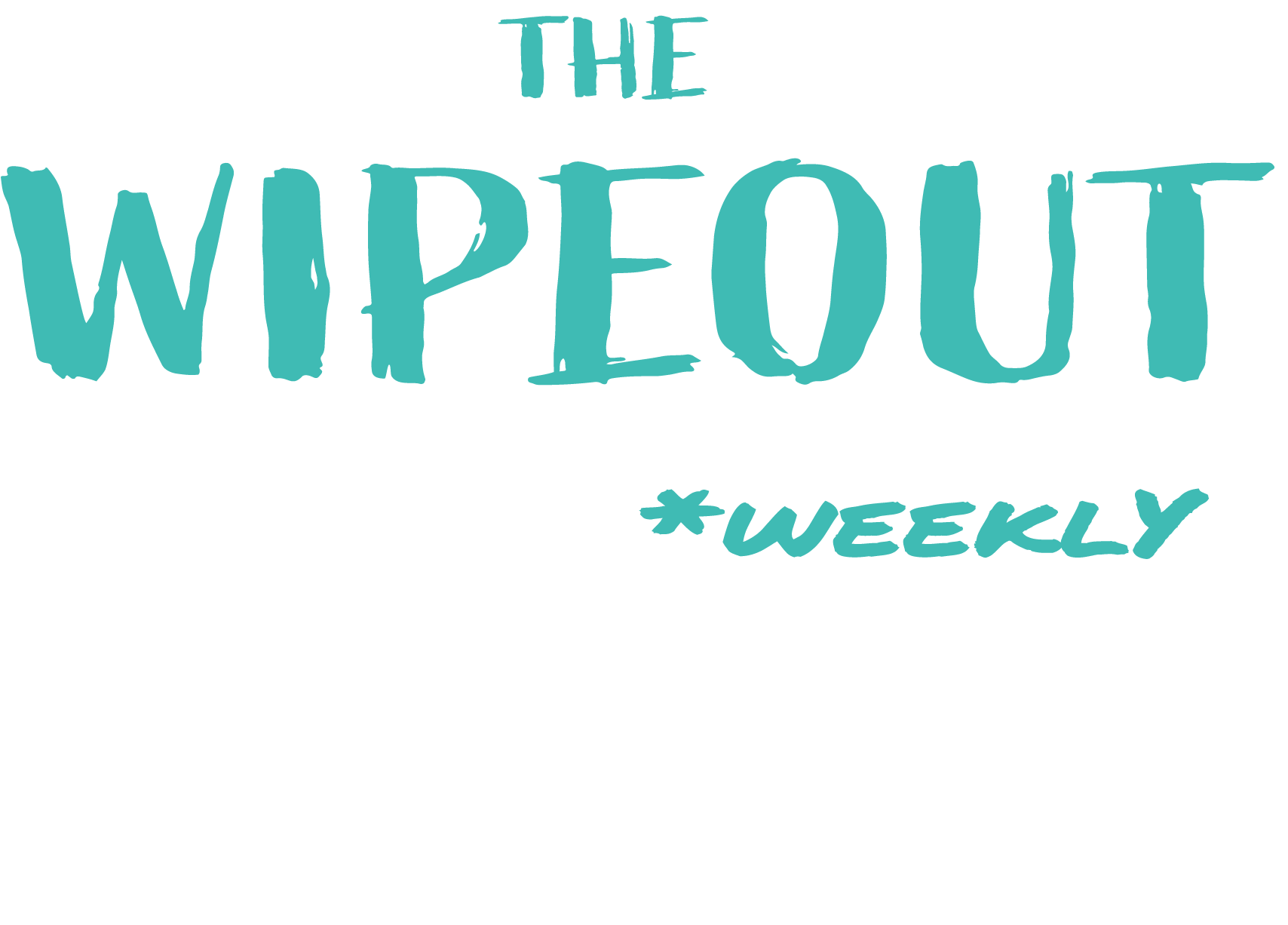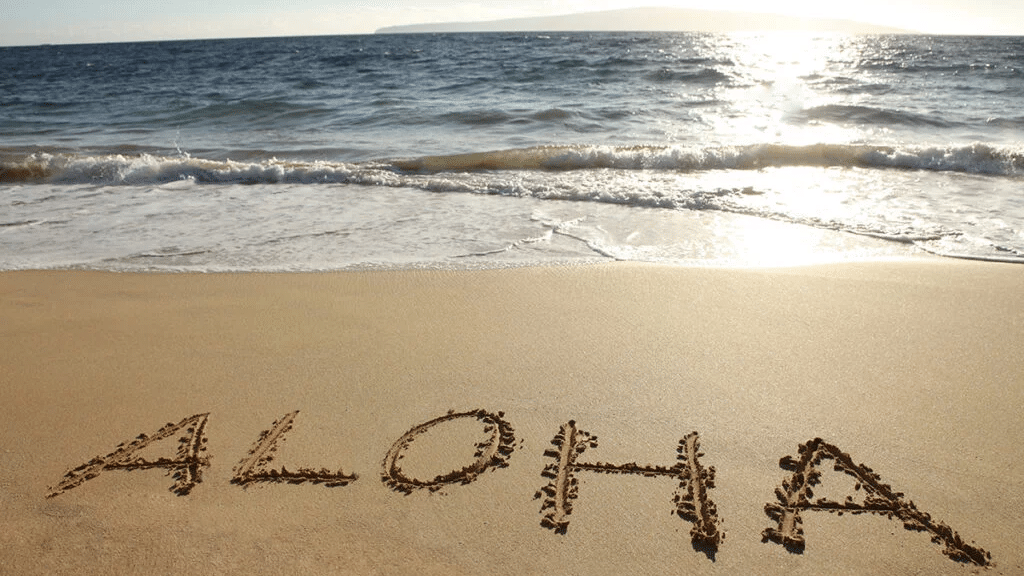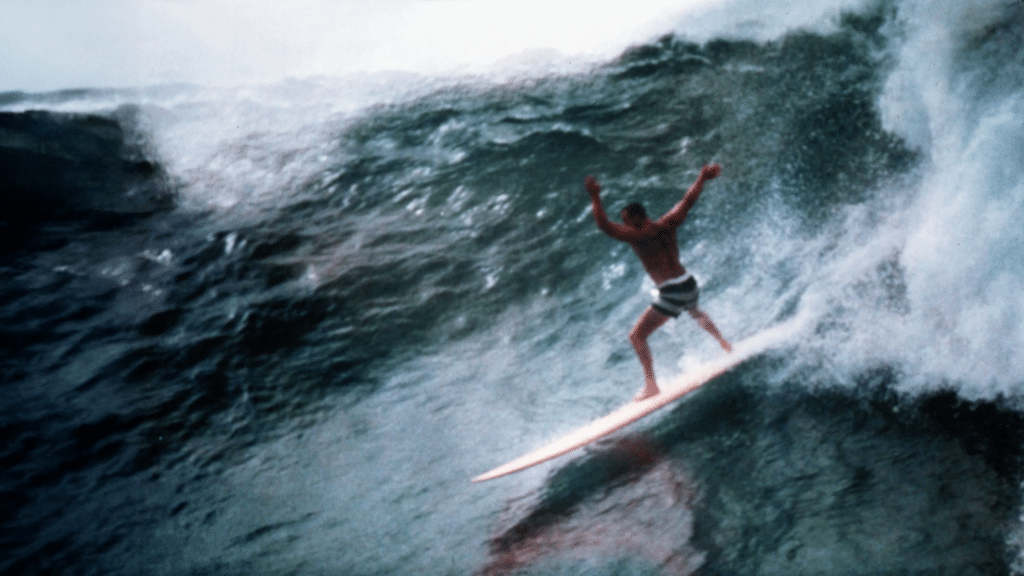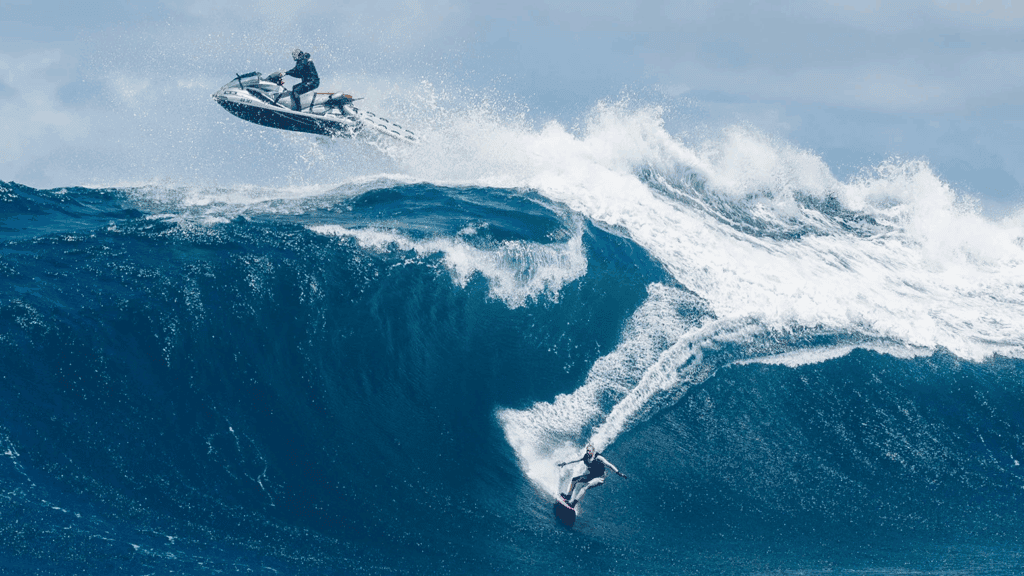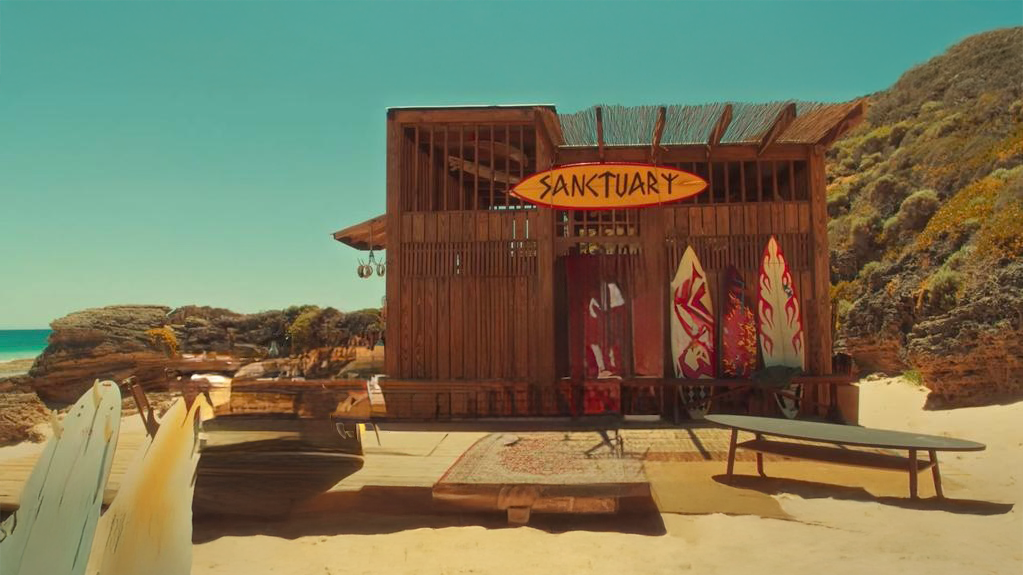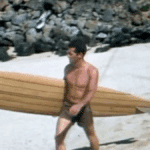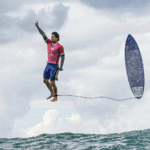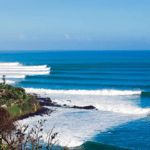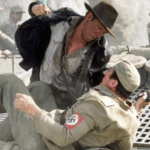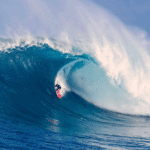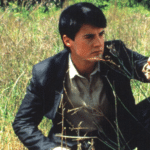Now Reading: Word of the week: Where did all this stoke come from?
-
01
Word of the week: Where did all this stoke come from?
Word of the week: Where did all this stoke come from?
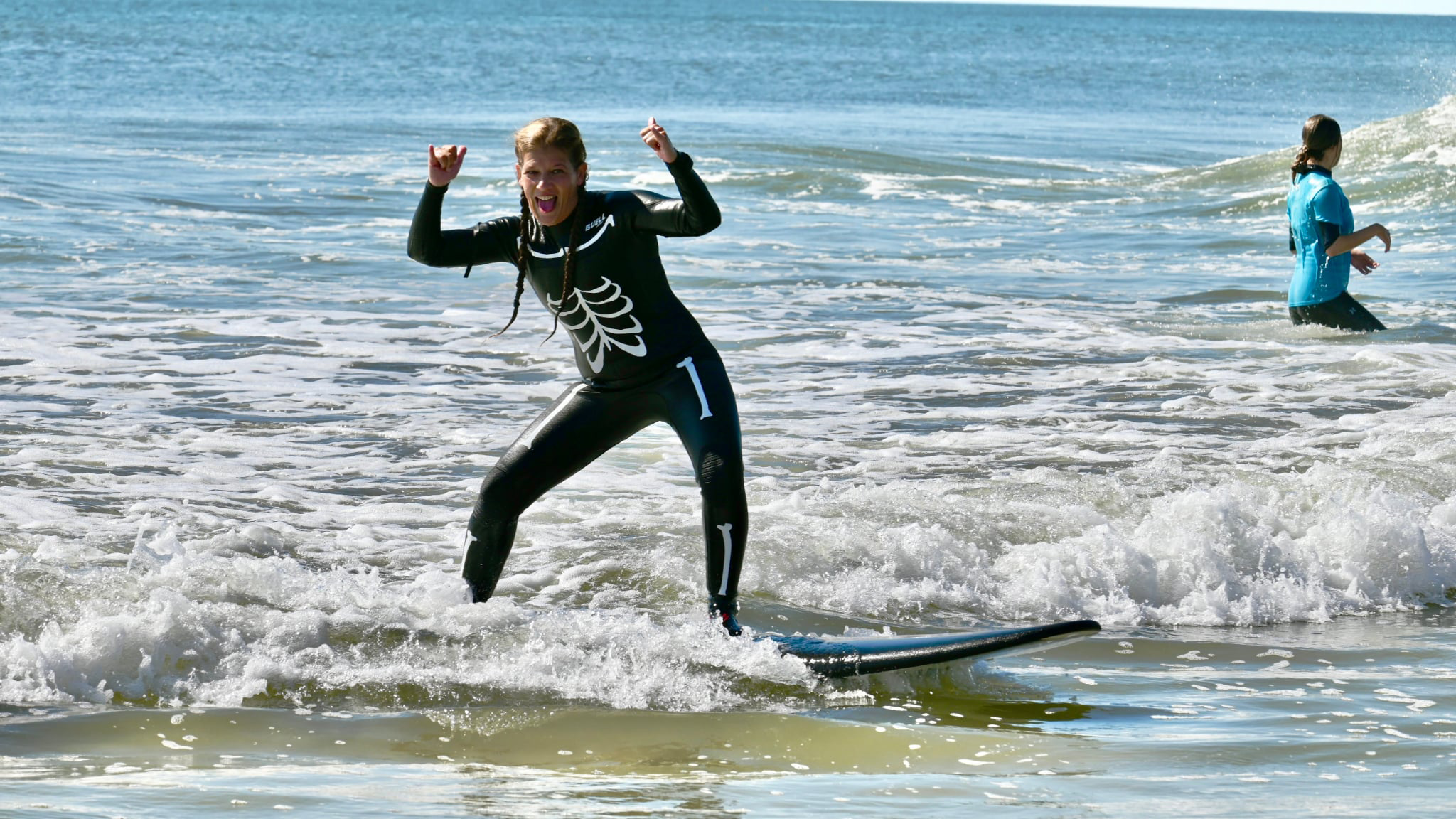
I consider myself a proficient surflingo user, dude. But honestly? I don’t think I’ve ever actually said the word “stoke.” Or “stoked.”
But I kind of want to know where it came from. And how it found its way into the surf vocabulary.
So let’s dig in.
Etymology: from fire to feelings
The word stoke, as used in surfing and action sports—meaning excited, hyped, amped, or thrilled—has some pretty interesting roots. It comes from the Dutch word stoken, meaning “to feed or stir up a fire.” That same meaning pops up in 17th-century German and English, too.
By the 1800s, people were already saying things like “stoking feelings” or “stoking up” before a long journey—like fueling up with food or energy. So even before it hit the beach, “to stoke” meant to ignite something, to keep it going, to fuel a fire.
There’s even an 1882 reference where “stoke up” just means eating a hearty meal. Which, honestly, is kind of the same thing we do after a surf session, right?
1950s–60s: surf culture takes over
Anyway—fast forward to the 1950s and ’60s. Surfing explodes, and so does its slang universe. Gnarly. Cowabunga. And yep—stoke. The Beach Boys even had a track titled “Stoked” on their 1963 Surfin’ U.S.A. album.
According to the Encyclopedia of Surfing, California surfers started using stoke in the early to mid-1950s. And by the 1960s and ’70s, “stoked” was how surfers described that euphoric, fired-up feeling you get after catching a great wave.
The metaphor totally works: like a fire being fed, your inner flame gets lit. Stoke = energy, joy, momentum.
1980s and beyond: action sports + Hollywood
By the 1980s, “stoked” was everywhere in surf culture—and had already crossed over into skateboarding, snowboarding, and other action sports. It kept that same meaning, that authentic joy after a breakthrough moment, a perfect turn, or a hard-earned victory.
Meanwhile, Hollywood got in on the action. Think: Fast Times at Ridgemont High, with Sean Penn’s iconic surfer-stoner character Jeff Spicoli. By the late ’80s and ’90s, “stoked” was showing up in comedies and teen movies as shorthand for California-cool, laid-back excitement.
And by then, you didn’t even need to surf to say it. You could be stoked about a concert. Stoked to get your license. Stoked to eat a burrito.
2000s: the global language of stoke
And the word didn’t just survive—it thrived. In the 2000s, it continued to bounce between communities. Surf mags, skate videos, snowboarding events—everyone was reinforcing the term. Even rock climbers and mountain bikers started saying they were “stoked” after a gnarly route or an epic ride.
The slang went global. In 2009, a Canadian animated series about teenage surfers was literally titled Stoked, bringing the term to a new generation of kids via Saturday morning cartoons.
And then, one of my favorite moments: in 2014, after winning gold at the Winter Olympics, American snowboarder Sage Kotsenburg said the word “stoked” 14 times in a 22-minute press conference. A reporter counted. That’s gotta be a record.
The meaning of stoke
As one historian of surf lingo put it:
“Stoke embodies that sense of challenge, adventure, exhilaration, and god-kissed bliss that imbues the surfing experience.”
I love that.
Stoke today
Today, stoke and stoked are still everywhere. Surfers say them constantly. But so do musicians, creators, and everyday people—whether you’re stoked for a swell or just stoked to go get tacos with your friends.
So yeah. It turns out the word didn’t just survive—it became a permanent part of the language. And it never really went out of fashion.
…I guess I’m the one who’s not very fashionable.

